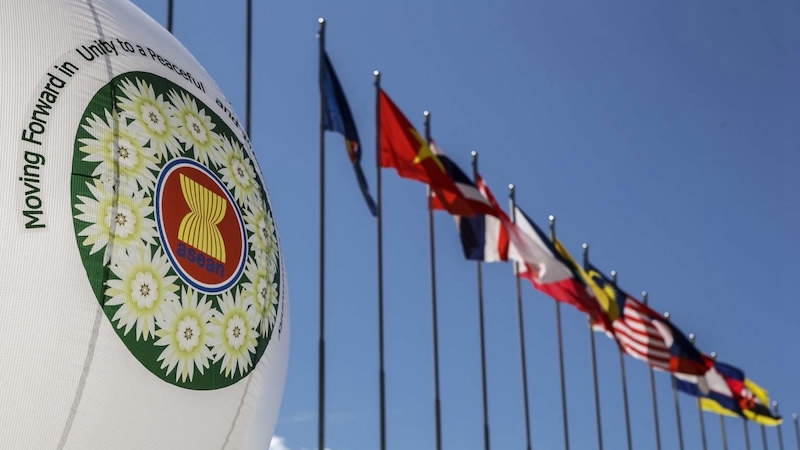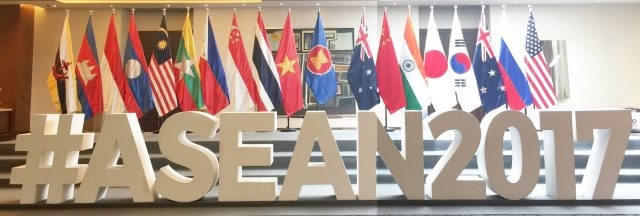
Business
17:18, 16-Oct-2017
ASEAN moving closer to creating common market, Philippine financial chief
By CGTN's Han Jie

The Association of Southeast Asian Nations (ASEAN) is making substantial progress in creating a common market, a press release from the Philippine finance ministry quoted its chief as saying on Monday.
Philippine Finance Secretary Carlos Dominguez voiced optimism that ASEAN, as one of the world's major growth drivers, will meet its timetable on economic integration as spelled out in the ASEAN Economic Blueprint 2025, and moving closer to creating a common market for a region based tagged market.
ASEAN officially became a single economic bloc in 2015, but members' varying levels of development have hampered efforts towards greater integration.
"The ASEAN has moved dramatically in its effort to build a region-wide policy framework to enhance trade, economic cooperation and financial flows among the ASEAN member countries," Dominguez said.
Dominguez said that the average growth this year among the ASEAN countries is expected at 5 percent, driven by strong domestic consumption in their respective economies.

CGTN Photo
CGTN Photo
In some ASEAN economies, faster growth is inhibited by higher inflation and weaker-than-expected trade flows, which, Dominguez noted, “are short-term limitations” and could turn for the better once global growth picks up.
“The ASEAN region is presently one of the fastest and main drivers of global growth. As a group of export-oriented economies, however, we look with concern at the prospect of more developed countries adopting more inward-looking trade and investment policies,” Dominguez said.
The Philippines chairs ASEAN this year as the bloc celebrates its 50th anniversary. Dominguez spoke on behalf of his fellow ASEAN ministers during the meeting at the IMF headquarters.
The ASEAN group includes Brunei, Cambodia, Indonesia, Laos, Malaysia, Myanmar, the Philippines, Singapore, Thailand and Vietnam.

SITEMAP
Copyright © 2018 CGTN. Beijing ICP prepared NO.16065310-3
Copyright © 2018 CGTN. Beijing ICP prepared NO.16065310-3